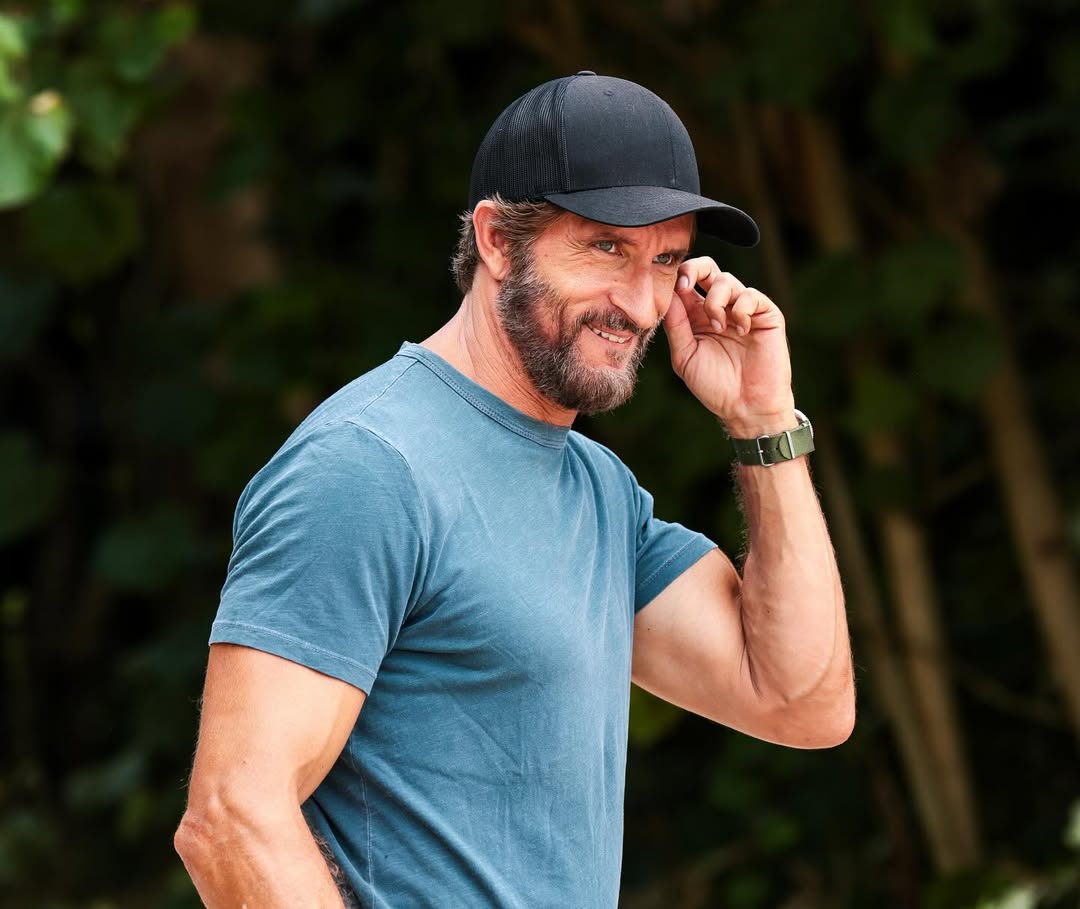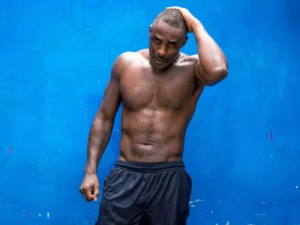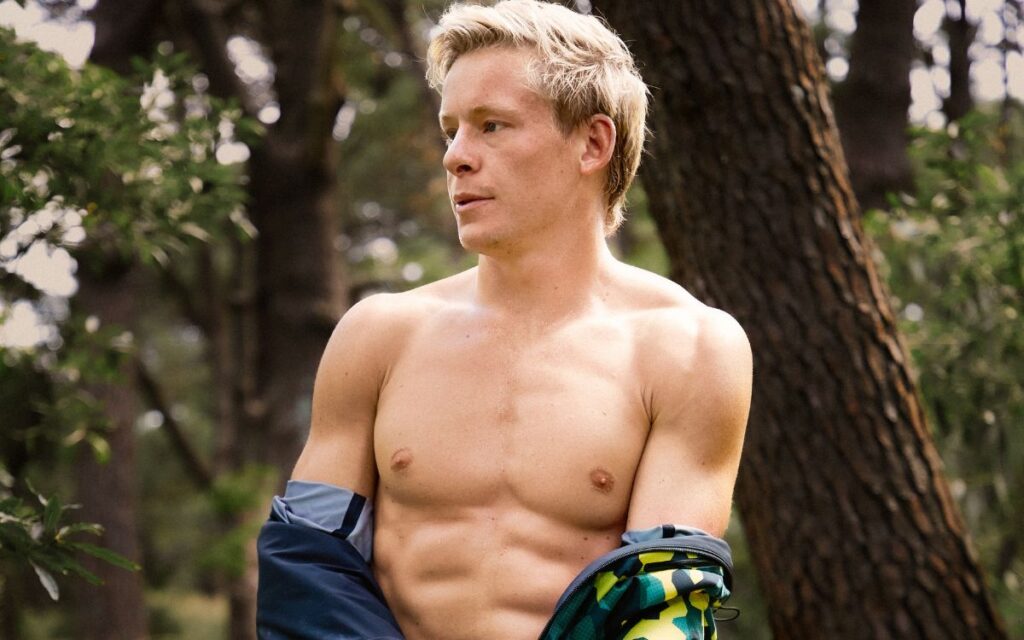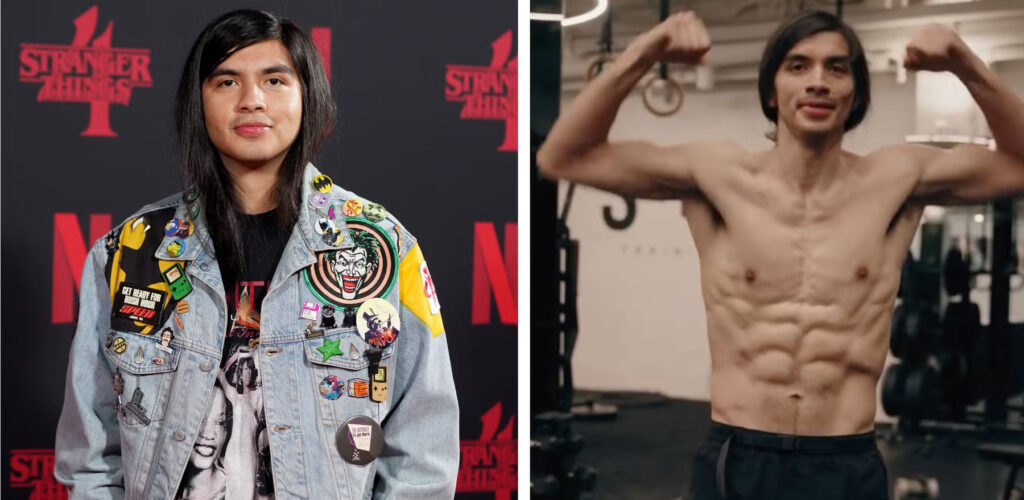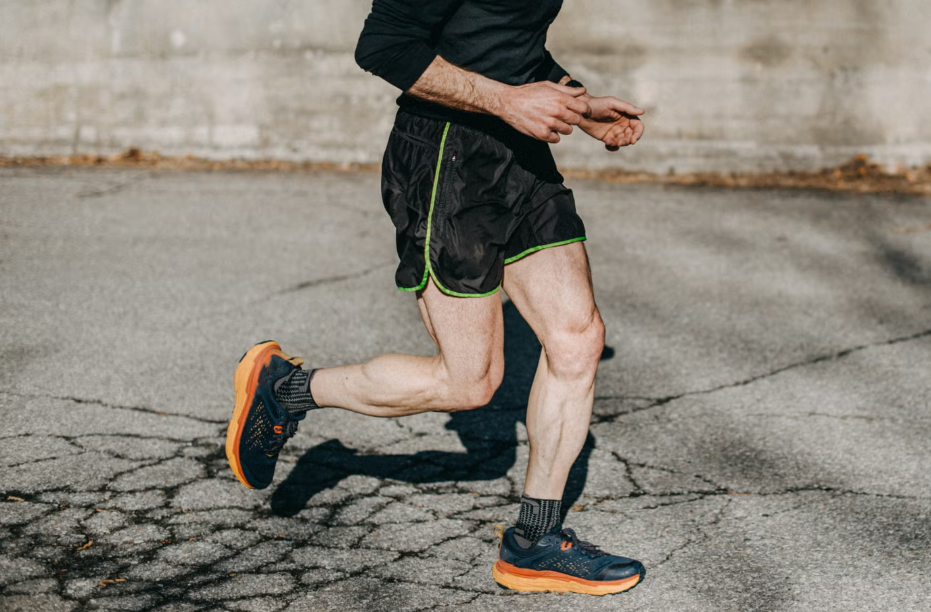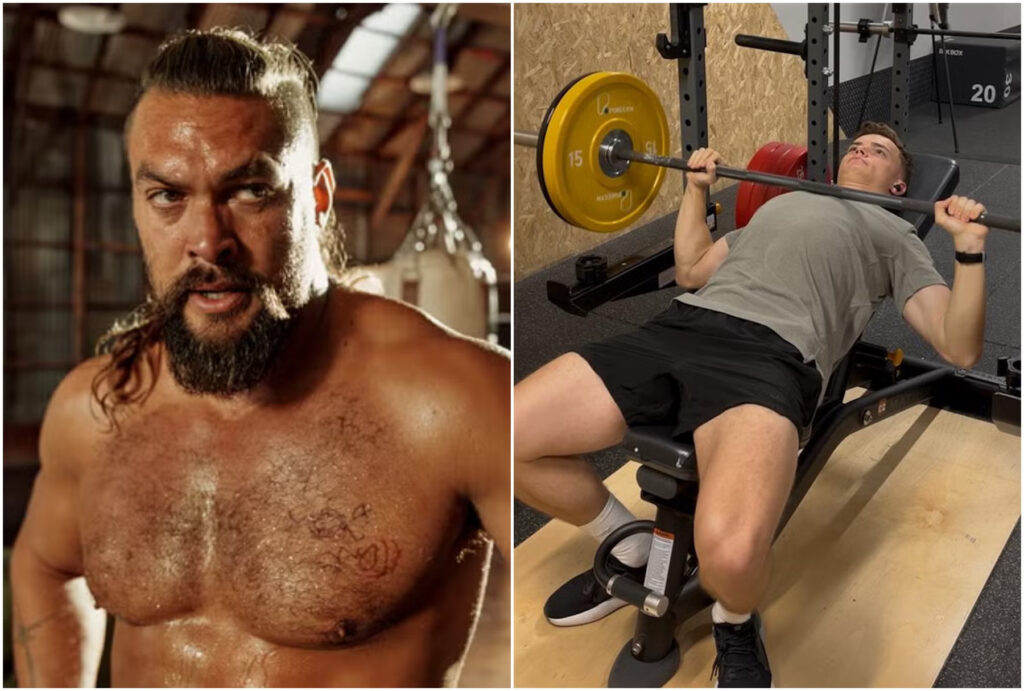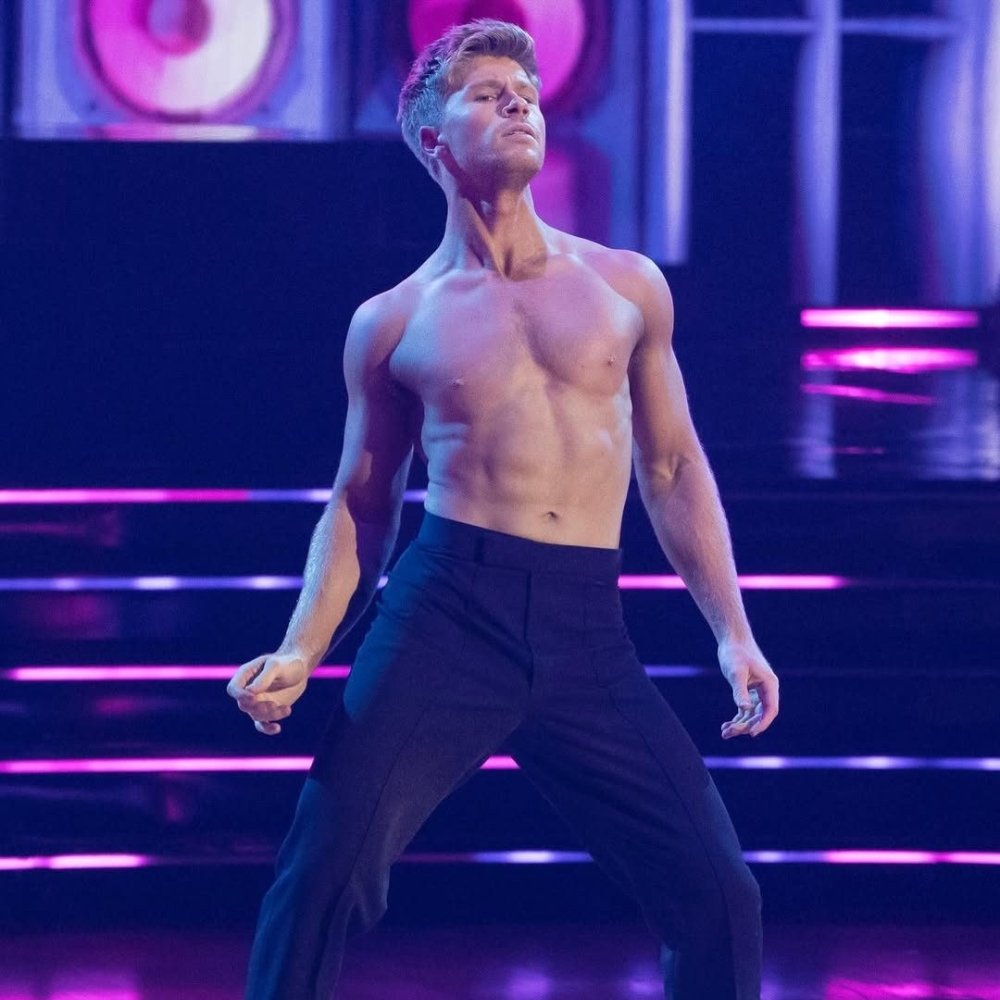SURVIVOR HOST Jonathan LaPaglia has witnessed first hand the mental toughness and physical qualities it takes to emerge from the show as a winner. But for him, that same conditioning is equally important to surviving in the real world.
We sat down with LaPaglia to find out how he keeps his wellbeing in check, as well as what it takes to become a lone survivor.
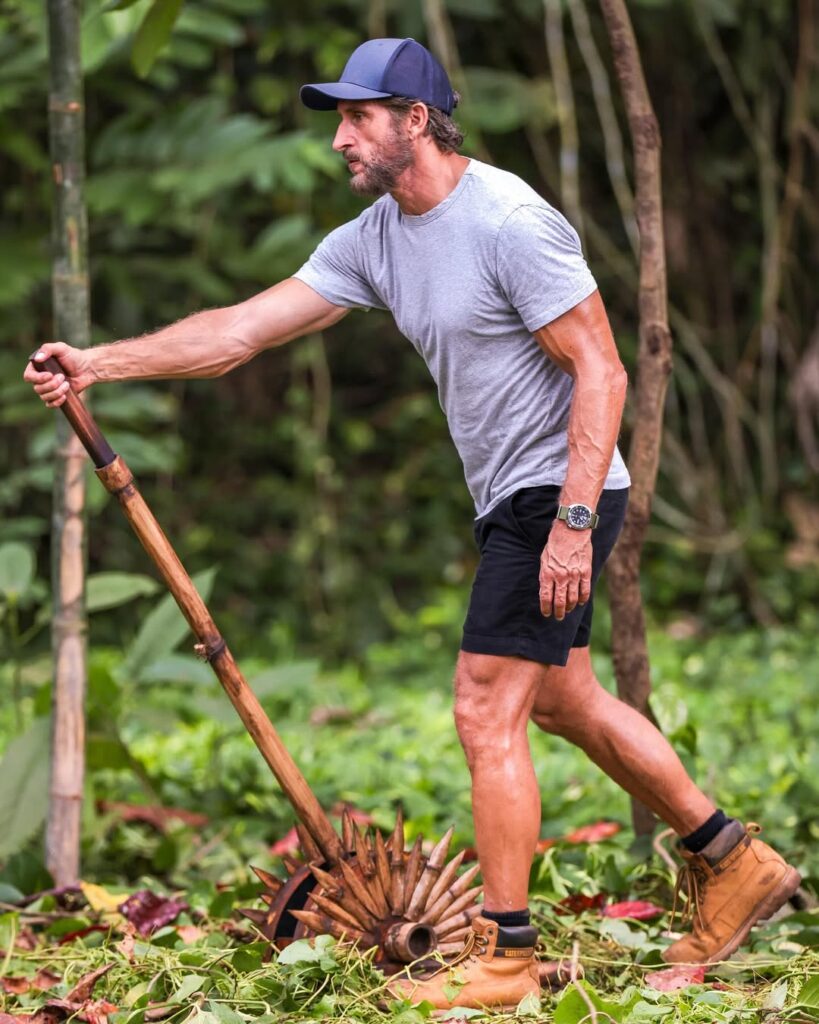
Jonathan LaPaglia: That’s a good question. I mean, I would think the latter. I would think that it helps having a certain amount of muscle and strength to compete in the challenges. It’s not absolutely necessary but it can help. I think being lean, too lean, it becomes detrimental.
What I’ve noticed is that the big, muscular, lean guys, they have a hard time because it just takes a lot of fuel to keep that body mass going and you don’t get that fuel when you’re out there. So if you have a little extra layer of fat, I think that actually serves you quite well as a plan. You’re going to have some muscle but some fat will help also. Being super lean I think is difficult. Those guys seem to suffer the most out there.
MH: In order to succeed, is strong mental or physical gameplay more valuable?
JL: I think if I had to choose one, probably mental. The physical game can get you quite deep into the game but it is such a layered and complex game when you get down to it that the strategic part of it really becomes quite important, especially in the modern game of Survivor.
The minute the players hit that beach, the strategy kicks in, and because it is so layered and so complex, I think the mental side of the game becomes very important. And if you’re playing the game well, you should be probably more exhausted from the mental point of view than the physical point of view at the end of it because all you’re thinking about is the strategy from morning until night and how not to be voted off.
MH: We often see players lose an extreme amount of weight in the competition. What are your tips for surviving on minimum calories?
JL: If I were playing the game, I would choose which challenges I was really going to put my effort into. If I knew I had no chance of winning something, I wouldn’t bother wasting valuable calories on it.
Very few people seem to employ that strategy – there’s something about their competitive nature that kicks in and they give it everything every time which is good for us from the TV point of view but if I were doing it, I would pick and choose.
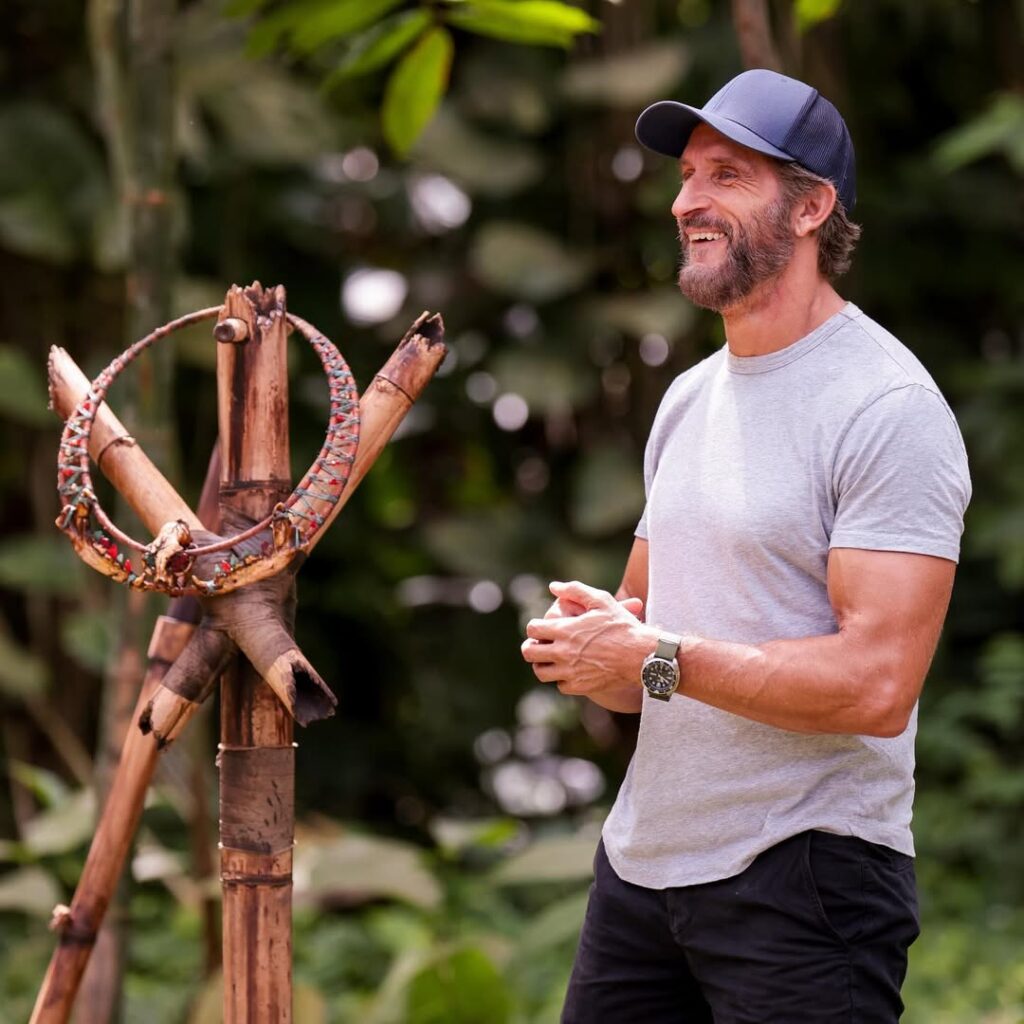
MH: How would you describe your own food philosophy outside of the game?
JL: Look, I think if I had to choose a word, it would be sensible. I’m not crazy about my food intake but I guess I’m mindful of what I eat and I try to make sure it’s balanced – that every meal is balanced with carbs, proteins and fat.
I try not to eat like just a bowl of plain pasta because that’s just a load of carbs. If I was going to eat pasta, I would want it to contain protein, whatever that might be, chicken or whatever. So I’m mindful of stuff like that but I’m not crazy about my food. I just want to make sure that each meal is balanced. I eat the things that I like. I’m not scared of sweets or fat or gluten or dairy.
MH: So what would a typical day on a plate look like for you?
JL: In the morning I would have a couple of poached eggs with some avocado; and oatmeal with some fruit, berries, bananas.
Lunch I might have a big chicken salad. And then dinner it would depend on what’s going on. I might have fish with veggies and potatoes.
MH: Back to Survivor, how can a contestant physically prepare for the game? Should they focus on cardio or strength?
I think it’s a bit of everything. I think it requires all those things. It requires some strength, some cardio. But then you also need to mix in some skills too. I think you should brush up on swimming if that’s not something that you’re strong at and balance and dexterity becomes important at some point too. You often find that coming up again and again in challenges. If I were preparing for it, I would do some strength work, some endurance work, some yoga, swimming. Those kind of things I think would serve you well.
MH: Speaking about yourself, how would you normally train, especially when you’re on location?
JL: Well, I’m pretty basic in that I kind of alternate between strength and cardio. So I go to the gym one day followed by a run or cycle the next day. And I’ll throw in some yoga occasionally in that as well.
Then I’ll rest a couple days a week or if my body’s telling me that I’m stretching it out, I’ll take some more days off. But that’s pretty much it for me and usually no more than 45 minutes at a time. I find that anything beyond that becomes a waste for me and I also feel that it starts to stress my body if I do more than that. But it’s 45 minutes of something that’s relatively intense whether it’s strength or cardio. And on location it becomes challenging for Survivor because the work hours I work – I work from 7:00 in the morning until 10:00 at night most days.
So I try to jam it in wherever I can. It might be a break in the middle of the day somewhere where I can go for a run or before I go to work I might do some weights but it becomes challenging out there to carve out the time necessary.
MH: So what does a week of your normal training regime look like?
JL: Like I said if there’s a gym, 45 minutes. I normally do a split routine so I’ll split up the muscle groups and I’ll do some of them one day and then the next day I’ll go for a run and then go back to the gym the third day and then the fourth day I might have off. And then I’ll repeat.
Run again then back at the gym. So I just kind of alternate between those and throw in rest days when I feel like they’re necessary, usually a couple times a week. And then within that I’ll also do some yoga when I get motivated. The problem for me with yoga is that I’m not good with other people’s schedules. I kind of like to do my own thing when I feel like it. I need to strike when I feel like it. When I feel the edge, I got to do it. So when it’s someone else’s schedule, it’s just hard for me to adhere to that.
MH: Has health and fitness always been a priority for you? How did you first get into fitness or when did you start training?
JL: I played soccer as a kid for about 10 years and when I turned 16, I was no longer eligible for the under 16 team so I suddenly jumped up to the under 18 division. And those guys were like so much bigger than me at the time. And I was the goalkeeper and I was kind of getting knocked around a lot in the under-18 division so that’s when I started going to the gym to try and improve my strength out on the field and that’s really when I got interested in working out.
And my elder brother was actually a keen runner and would run marathons and so I had an interest in running as well. I guess that’s were those two things came from. I started working out with weights to help me with soccer as a kid and the running influence came from my brothers. I’m kind of old school, those are the two things that I’ve just relied on over the years.
MH: Health and fitness isn’t just physical. Do you find it has important mental health benefits? What else do you do to manage your mental health wellbeing?
JL: I think the two are really tied together. I know that if I go through a period where I’m not exercising, I’m not good in terms of my mood and my mental acuteness.
I feel it all starting to get fuzzy and my mood – I get quite irritable and grumpy so I kind of need to do that stuff just for my mental health.
I never have any empirical evidence of that but that’s my intuition that I think the two do go hand-in-hand, certainly for me anyway. So my physical pursuits definitely have had a positive effect on my mental health but beyond that I also I have hobbies that require intense focus and concentration of complex tasks. Primarily, I have a hobby of watchmaking.
I think that helps with my mental health as well. It keeps you sharp, It really does. No matter what it is, whether it’s reading or teaching yourself a new skill. I think it’s important to constantly challenge your brain, especially as you get older.




